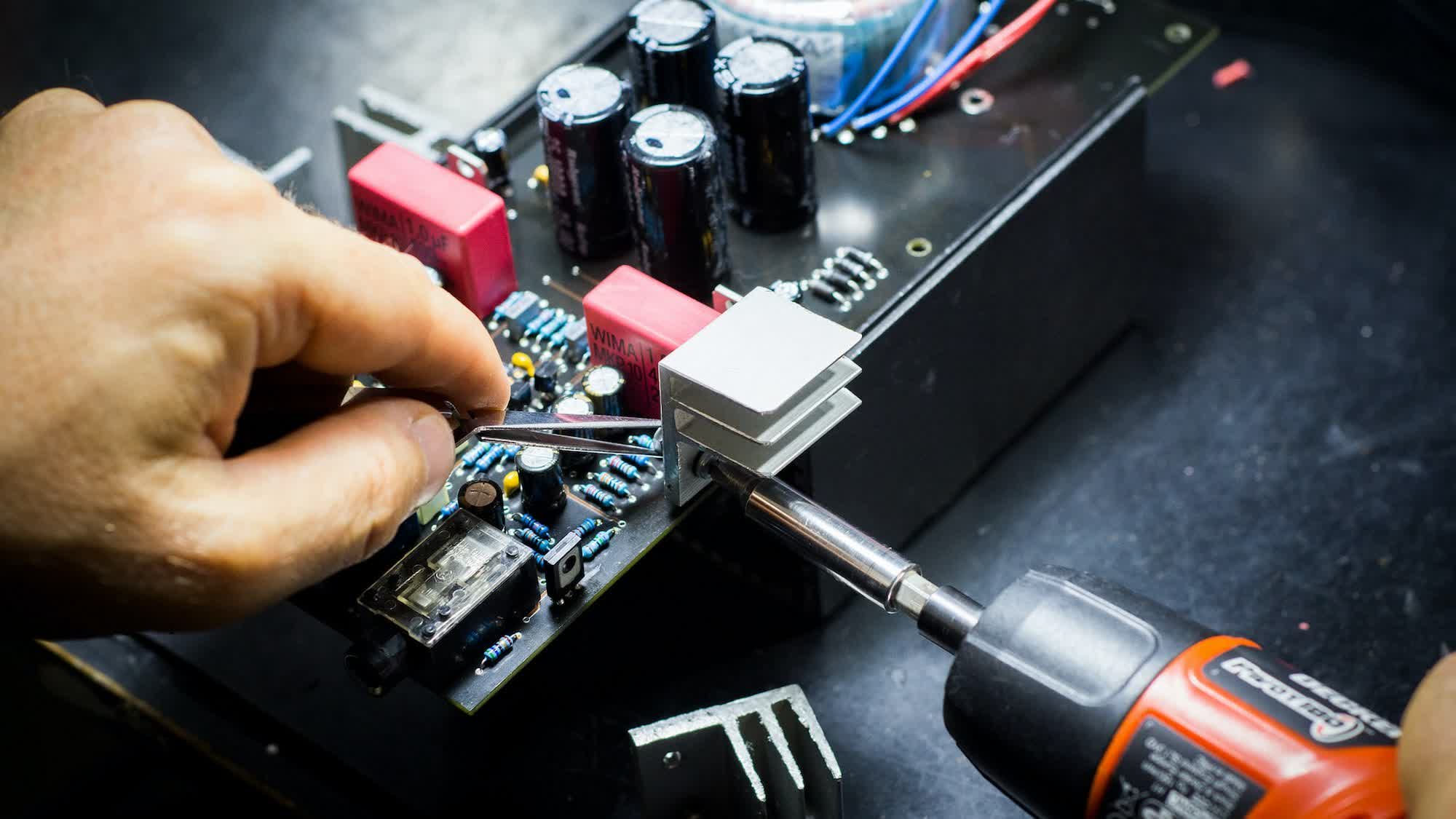What just happened? Oregon governor Tina Kotek has signed into law a landmark right-to-repair bill that outlaws the controversial practice of "parts pairing" in electronic devices. The law is similar in nature to existing legislation in New York, California, and Minnesota, but goes further by banning the use of software locks that prevent users and third-party repair shops from swapping out faulty parts with new ones.
Following the signing of SB 1596, Oregon became the fourth US state to have a comprehensive right-to-repair law that applies to a number of consumer devices, such as phones, laptops, and smartwatches. However, it doesn't include many other types of digital equipment, like video game consoles, medical devices, HVAC systems, motor vehicles, etc. In addition, the law only applies to devices sold in and after 2025, meaning gadgets that are currently available in the market are not covered under the new regulations.
Parts pairing or serialization is a contentious practice that has long been in the crosshairs of right-to-repair advocates, as it makes it impossible for DIY enthusiasts and third-party repair shops to replace faulty hardware. Apple is especially notorious for parts pairing, and the company is known to make it intentionally difficult for users to repair their own devices.
Just last month, a popular YouTube channel discovered that Apple's Vision Pro mixed reality headset is even less repairable than other Apple products, thanks to every single part in the device being serialized. That means the headset will not work if you replace any of the parts even with original Apple hardware, and you will have to pay out of your nose to get it fixed at an Apple-certified repair shop, should something go wrong.
With first-party repairs being a massive business for Apple, it was no surprise that the company strongly objected to the new bill and lobbied hard to prevent it from becoming law. In a hearing at Oregon's state legislature last month, Apple's principal secure repair artist, John Perry, insisted that "forcing device manufacturers to allow the use of parts of unknown origin in consumer devices" is a bad idea. According to him, using non-serialized parts for repairs could undermine the security, safety, and privacy of its customers.
While Apple may be crying foul, Consumer Reports and iFixit have expressed satisfaction with the new law. In a statement, the former said it hoped the new law would make it easier and less expensive for consumers to fix their broken devices while reducing the amount of e-waste going into landfills. On its part, iFixit claimed that independent repair shops will be the biggest winners now because "they will (finally) be able to fight back against the increasing speed bumps and roadblocks that manufacturers including Apple have put in their way."
